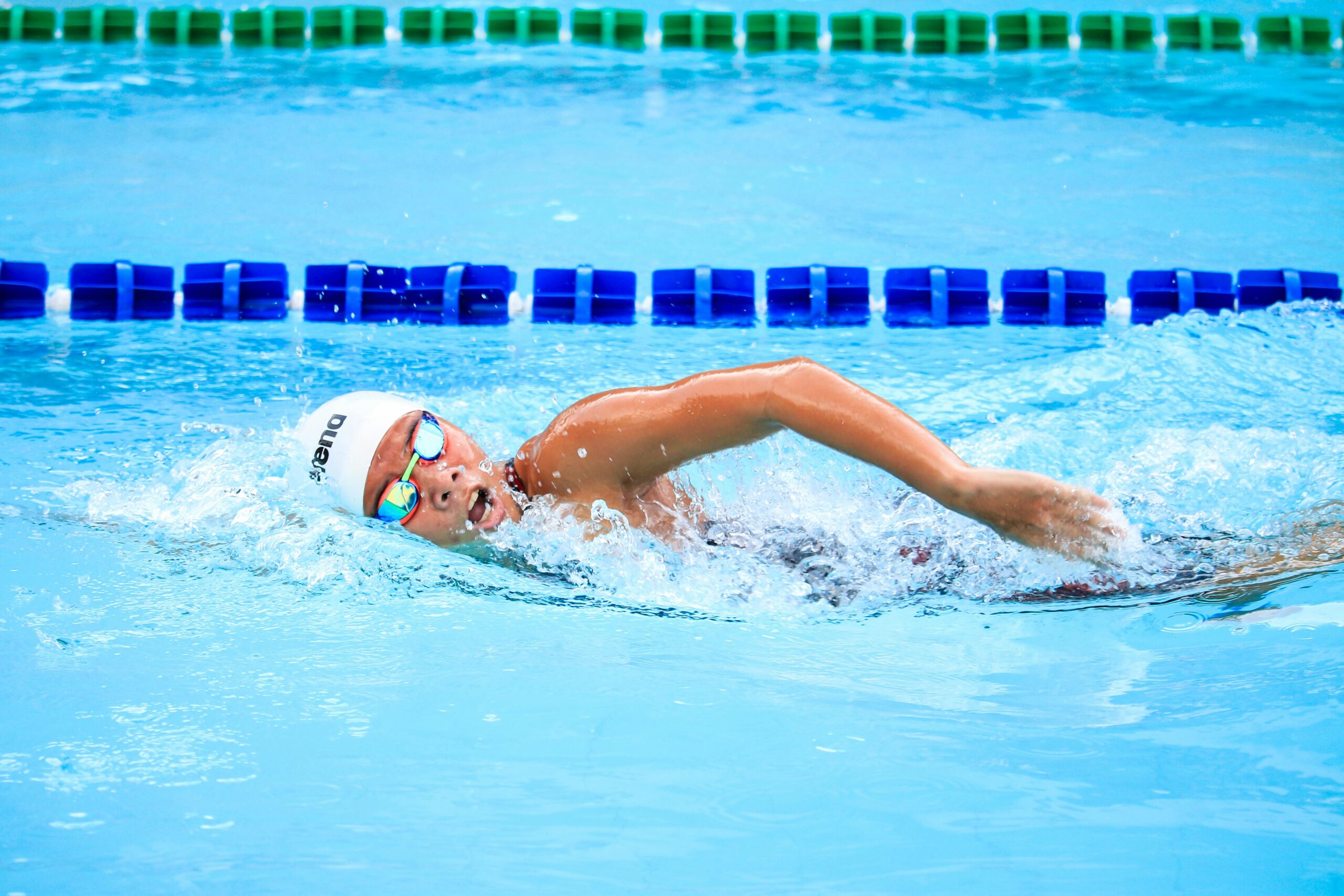Tech doping, the use of advanced technology to gain an unfair advantage in sports or other competitive activities, isn’t new. For years, the Olympics has barred swimmers from wearing full-body swimsuits made from polyurethane and neoprene, such as the Speedo LZR Racer, created in conjunction with NASA to improve buoyancy and speed. Back in January 2020, Nike’s Alphaflys, dubbed ‘the shoe that broke running’, was banned by World Athletics after it was revealed that the shoes were able to boost running efficiency by 4 percent, and speed by 3.4 percent.
As technology advances at a breathtaking rate, technological sportswear, devices and software that blur the line between innovation and cheating are an increasing cause for concern amongst sports federations and spectators alike.
Software development firm, Propel Tech, asked 102 professional people across IT, communications, legal, and healthcare, who enjoy watching all kinds of sports in their spare time, to share their views on the controversial topic and what they considered to be fair play.
Tech doping is inevitable
The majority, 48%, of respondents said they thought tech doping is inevitable as technology evolves, and the focus should be on ensuring equal access.
As technology continues to evolve at a fast pace, the possibility of completely preventing tech doping seems unlikely. Athletes have always sought an edge, and now, with innovations like advanced footwear, performance-enhancing wearables, and even gene editing, the definition of a level playing field is shifting.
Ensuring fair access to performance-enhancing sports technology is crucial to maintaining the integrity of competition. One approach is to establish clear regulations that govern the use of such technologies, making them available to all athletes, regardless of their financial or institutional backing.
This reflects the viewpoint of 38% of the study’s respondents who agreed some technological enhancements are acceptable – but clear guidelines are needed. 10% of recipients believe that tech doping undermines the integrity of sports and should be strictly regulated.
Are developments in SportTech impacting fair outcomes?
A whopping 71% of the respondents to Propel Tech’s questions said wearable technology and AI could create significant inequalities in professional, high-profile sporting events if some athletes have access to better technology.
It has been reported that tech doping has been a concern for the organisers of the Paris 2024 Olympics and Paralympics. As technology continues to advance rapidly, ensuring a level playing field has become increasingly challenging, and they are particularly concerned about the potential misuse of technology in performance-enhancing wearables, biomechanical aids, and advanced prosthetics in the Paralympics.
Interestingly, 5.5% of the study respondents had an opposing view and thought wearable tech and AI could level the playing field by helping all athletes optimise performance.
The International Olympic Committee (IOC) and International Paralympic Committee (IPC) have been working closely with governing bodies to balance innovation with fairness, ensuring that no athlete gains an unfair advantage through tech doping. The challenge lies in distinguishing between legitimate, performance-enhancing tech that benefits all competitors and those technologies that cross the line into unfair advantage.
All that said, 18% of the people spoken to in Propel Tech’s study said they thought the impact of wearable tech and AI would be minimal on an athlete’s performance at high-profile sporting events, as talent and hard work will always be the primary factors.
So how can officials distinguish between legitimate technologies and those that cross the line into unfair advantage?
Legitimate sport tech refers to advancements in equipment, training methods, and performance aids that are widely accepted and regulated within the sport. Examples include improved running shoes, aerodynamic cycling gear, or data-driven training programs. Such technologies are typically accessible to all competitors and are approved by governing bodies, ensuring that they do not confer an unfair advantage.
Tech doping, on the other hand, involves the use of technology in ways that violate the spirit of fair competition. This can include using equipment or enhancements that provide a significant, often secretive, advantage that others cannot match. Tech doping is generally prohibited by the sport’s regulations because it skews competition by favouring those with access to superior technology.
44% of respondents suggested an all-out ban on any technology that falls into ‘tech doping’ and not considered to be legitimate sport tech. 36% said technologies should be classified based on their impact, with some allowed under certain conditions. 14% said there should be no distinction; all technology should be allowed as part of the sport’s evolution.


